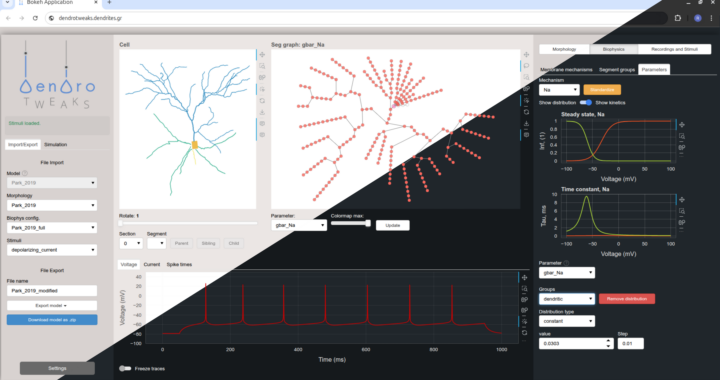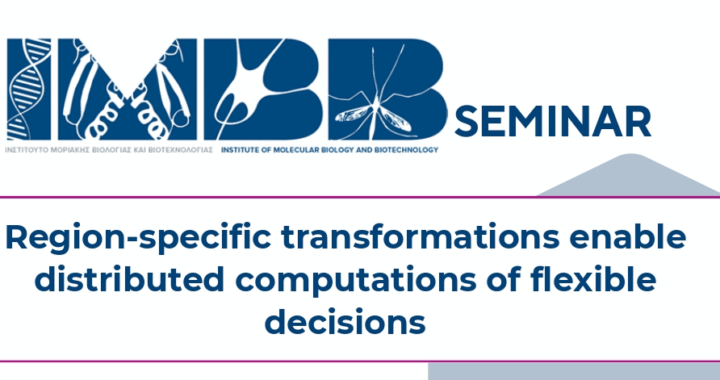We are excited to share our latest study in collaboration with the lab of Alcino Silva at UCLA. This work, published in NEURON, explores the role of neuromodulation by dopamine to the linking of memories. Memories are often linked, meaning that recall of one memory triggers the recall of another. In this study, UCLA scientists A. Chowdhury, A. Luchetti et al. show that the Locus Coeruleus plays a gating role in memory linking by modulating the size of the overlapping population of neurons that express both memories in the dorsal CA1 region of the hippocampus. This is the first discovery of a neuromodulatory mechanism that affects memory linking specifically, without affecting individual memories.
This work is important as it provides the first experimental evidence of a neuromodulatory modulation of memory linking and pinpoints the subcellular mechanism via which this modulation is achieved.
You can read our full study in NEURON.




